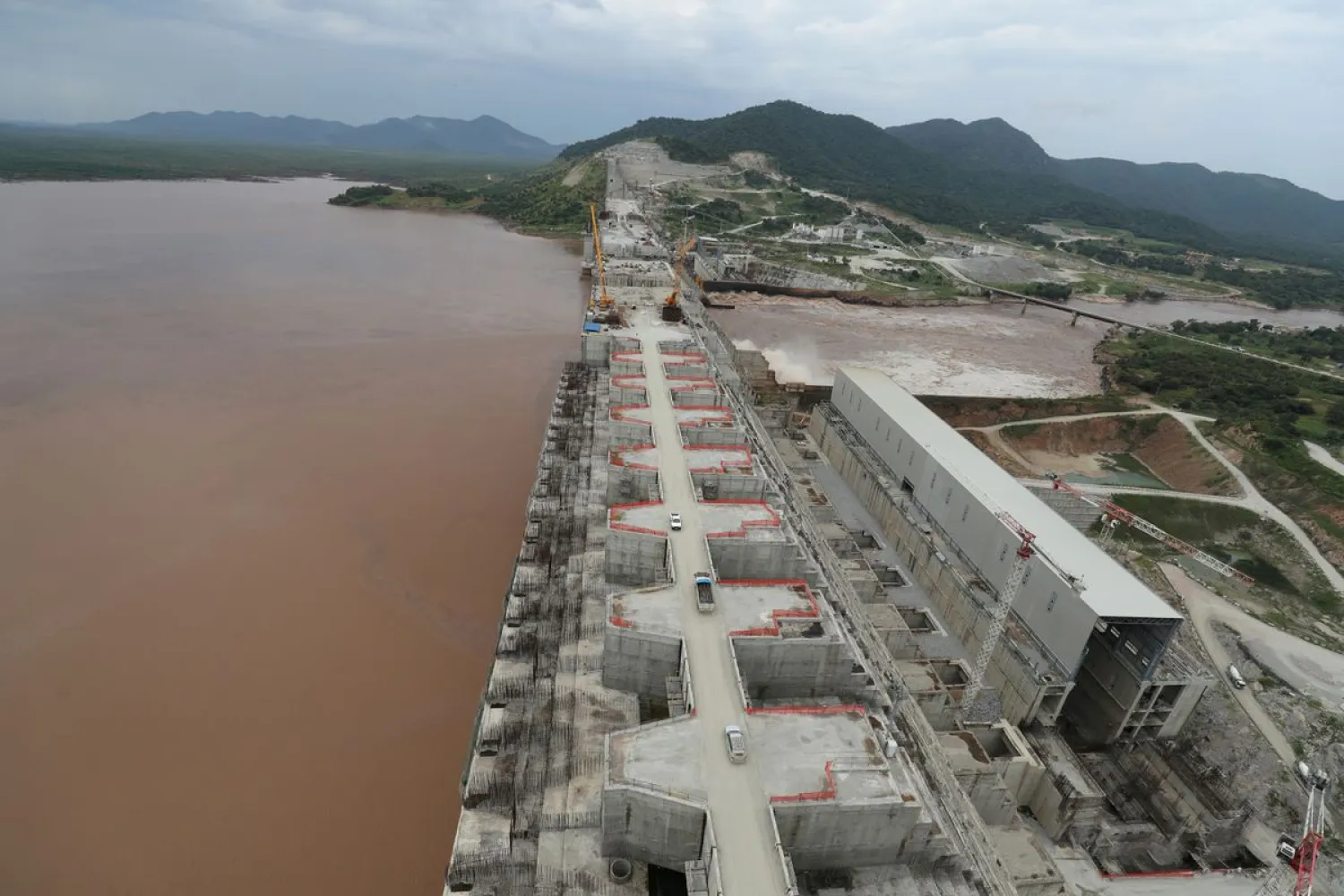Addis Ababa has started the next phase of filling the Grand Ethiopian Renaissance Dam (GERD) on the Nile River, Egyptian authorities said Monday, raising tensions ahead of an upcoming UN Security Council on the issue.
A statement by Egypt’s Irrigation Ministry late Monday said Minister Mohammed Abdel-Aty received an official notice from his Ethiopian counterpart notifying Egypt of the reservoir filling for the second year.
The ministry said the move was "a violation of international laws and norms that regulate projects built on the shared basins of international rivers," and had expressed its "firm rejection of this unilateral measure."
GERD is the source of a long-running diplomatic stand-off between Addis Ababa and the downstream countries of Egypt and Sudan.
Cairo and Khartoum have been pushing Addis Ababa to ink a binding deal over the filling and operation of the dam, and have been urging the UN Security Council to take the matter up in recent weeks.
Thursday's meeting was requested by Tunisia on Egypt and Sudan's behalf.
Addis Ababa had previously announced it would proceed to the second stage of filling in July, with or without a deal.
Egyptian President Abdel Fattah el-Sisi warned Ethiopia earlier this year that his government would not tolerate any moves by Addis Ababa that would reduce Egypt’s share of water from the Nile. He said that “all options are open” should Egypt’s share be “touched,” urging Addis Ababa to cooperate with Cairo and Khartoum to avert any conflict.
Egypt's Foreign Minister Sameh Shoukry recently said in one note to the UN that negotiations are at an impasse, and accused Ethiopia of adopting "a policy of intransigence that undermined our collective endeavors to reach an agreement."
The Nile is an essential source of water and electricity for dozens of countries in East Africa.
Egypt, which depends on the Nile for about 97 percent of its irrigation and drinking water, sees the dam as an existential threat.
Sudan hopes the project will regulate annual flooding but fears its dams would be harmed without agreement on its operation.
Ethiopia broke ground on the dam in 2011, and said that last year it reached its first target in the years-long filling of the dam.









